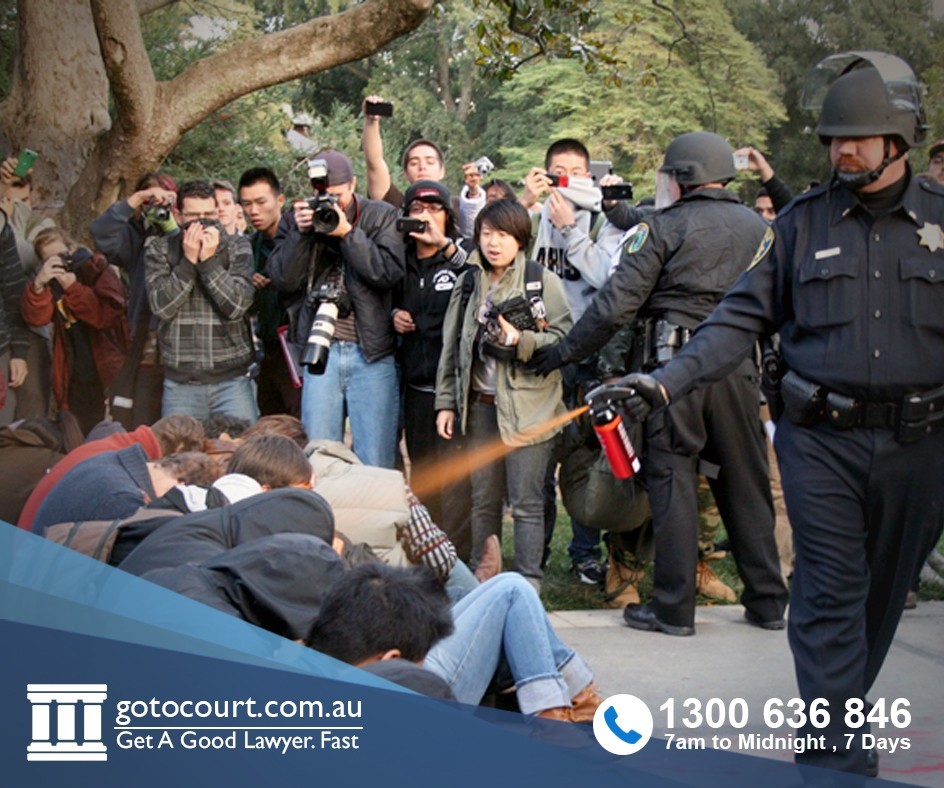Fraud in the Australian Capital Territory
Fraud in the Australian Capital Territory is dealt with under Part 3.3 of the Criminal Code 2002. This part of the Code covers a range of fraud-based offences including obtaining property by deception under section 326, obtaining financial advantage by deception under section 332, general dishonesty under section 333 and conspiracy to defraud under section 334. This article deals with fraud-related offences in the ACT.
Obtaining property by deception
The offence of obtaining property by deception is contained in section 332 and requires that a person dishonestly obtains property belonging to somebody else with the intention of permanently depriving them of that property and this is done through deception.
The maximum individual penalty for obtaining property by deception is 10 years imprisonment and a fine of 1000 penalty units.
Dishonestly obtain property belonging to someone else
The offence of dishonestly gaining something belonging to someone else is contained in section 333. A person will dishonestly obtain something belonging to somebody else if they dishonestly obtain ownership, possession or control of the property for themselves or somebody else, or if they enable or induce a third person to do this. Retaining ownership, possession or control of property that you originally obtained lawfully may also be enough to amount to this offence, in certain circumstances.
Importantly, the property must be obtained with an intention of permanently depriving somebody else of the property. This will clearly be established if you have no intention of giving the property back to the other person. It can also be established if you did intend to eventually return the property but in the meantime have treated the property as your own by, for example, lending the property to somebody else.
Strict rules apply in relation to money transfers. If you cause money to be transferred from somebody else’s bank account to your own, then you are taken to have obtained that money with the intention of permanently depriving the other person of it.
It is also an offence under this section to dishonestly cause a loss, or the risk of a loss, to another person.
The maximum penalty for this offence is a fine of 500 penalty units or imprisonment for five years.
“Through deception”
The final requirement for a fraud charge of obtaining property by deception, is that the person uses deception to dishonestly obtain the property in question. A person will do something by deception if they deceive another person either intentionally or recklessly, using either words or conduct.
This can include deceiving another person about your true intentions. It also extends to deceiving an electronic device into doing something that you are not authorised to make it do. For example, using another person’s password to access their computer.
Obtaining financial advantage by deception
Obtaining financial advantage by deception is similar to the offence of obtaining property by deception. The same maximum penalty also applies.
A person will be found guilty of obtaining financial advantage by deception if they dishonestly obtain a financial advantage from someone else and they do this through deception.
The requirements set out above in relation to obtaining property by deception all apply to this offence as well. Although, there is no separate requirement to establish an intention to permanently deprive.
The meaning of financial advantage is not set out in the legislation. Section 363A only provides that it extends to both permanent or temporary financial advantages. The words ‘financial advantage’ are therefore given their ordinary meaning.
General dishonesty
The offence of general dishonesty under section 333 of the Criminal Code 2002 (ACT) only applies in cases where the victim of the offence is located in the ACT. As defined in section 319, the ACT includes ACT government authorities, corporations or instrumentalities.
Absolute liability applies to the location of the victim. This means that if the victim is an ACT government body, the offence is considered to have been committed even if the offender was not aware that their victim was a government body.
This offence is committed if a person does something with the intention of dishonestly obtaining a gain from someone else or causing a loss to someone else. The words gain and loss are defined in section 300 to include both permanent or temporary outcomes. Further, a gain includes keeping what you have and a loss includes not getting what you might otherwise have gotten.
Dishonesty is defined under section 300. It means behaviour that is dishonest according to the standards of ordinary people and that is known by the offender to be dishonest according to the standards of ordinary people. Whether or not somebody has been dishonest is a question of fact for the jury to consider.
The maximum individual penalty for general dishonesty is five years imprisonment or a fine of 500 penalty units.
Conspiracy to defraud
A person will be found guilty of conspiracy to defraud if they have intended to dishonestly obtain a gain from a third party and have conspired with somebody else to do so. This offence is found under section 334 of the Criminal Code 2002 (ACT).
The terms gain and dishonesty are given the same meaning as the fraud offence of general dishonesty. The maximum individual penalty for conspiracy to defraud is 10 years imprisonment or 1000 penalty units.
If you require legal advice or representation in any legal matter, please contact Go To Court Lawyers.





